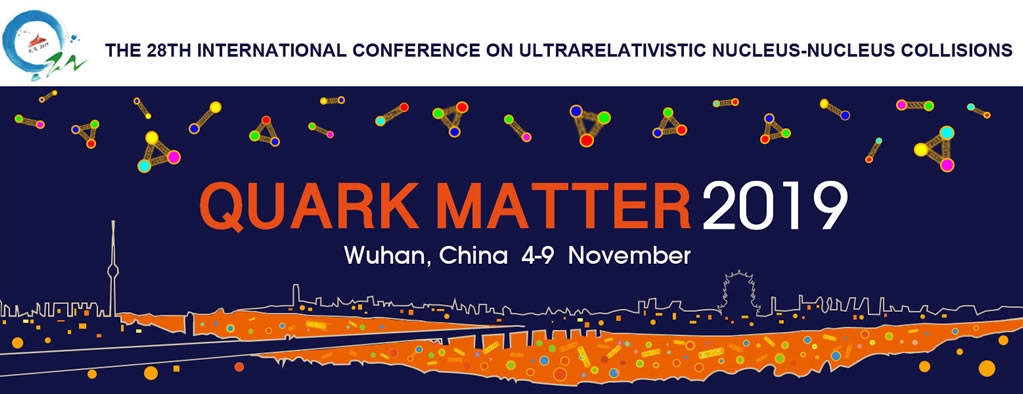Speaker
Description
The recent detection of a binary neutron star merger using gravitational waves and electromagnetic signals marked the dawn of the multi-messenger astronomy era. Such events are expected to provide key information about the properties of matter at extreme densities and temperatures and, for many years, it was assumed that this system could be reasonably described as an ideal (i.e. inviscid) fluid coupled to Einstein’s equations. This was recently revisited by Alford et al. in [1] using state-of-the-art merger simulations which showed that damping of high-amplitude oscillations due to bulk viscosity is expected to play an important role in gravitational wave emission and, as such, this should be taken into account and thoroughly investigated in realistic merger simulations. However, viscous effects have not yet been included in merger simulations because this requires a formulation of relativistic fluid dynamics, including bulk viscosity, that is causal in the strong nonlinear regime probed by the mergers. This has been an open problem in the field since Israel and Stewart's seminal work in 1979. In this work we solve this problem and prove [2] that the Einstein-Israel-Stewart equations, describing the dynamics of a relativistic fluid with bulk viscosity and nonzero baryon charge dynamically coupled to gravity, are causal in the full nonlinear regime. We use an arbitrary equation of state and do not make any simplifying symmetry or near-equilibrium assumption, requiring only physically natural conditions on the fields. These results pave the way for the inclusion of bulk viscosity effects in simulations of gravitational-wave signals coming from neutron star mergers, which will provide key information about the novel out-of-equilibrium properties of highly dense QCD matter in neutron stars.
[1] M.G. Alford, L. Bovard, M. Hanauske, L. Rezzolla and K. Schwenzer,
``Viscous Dissipation and Heat Conduction in Binary Neutron-Star Mergers,''
Phys. Rev. Lett. 120, no. 4, 041101 (2018).
[2] F. S. Bemfica, M. M. Disconzi and J. Noronha,
``Causality of the Einstein-Israel-Stewart Theory with Bulk Viscosity,''
Phys. Rev. Lett. 122, no. 22, 221602 (2019).
